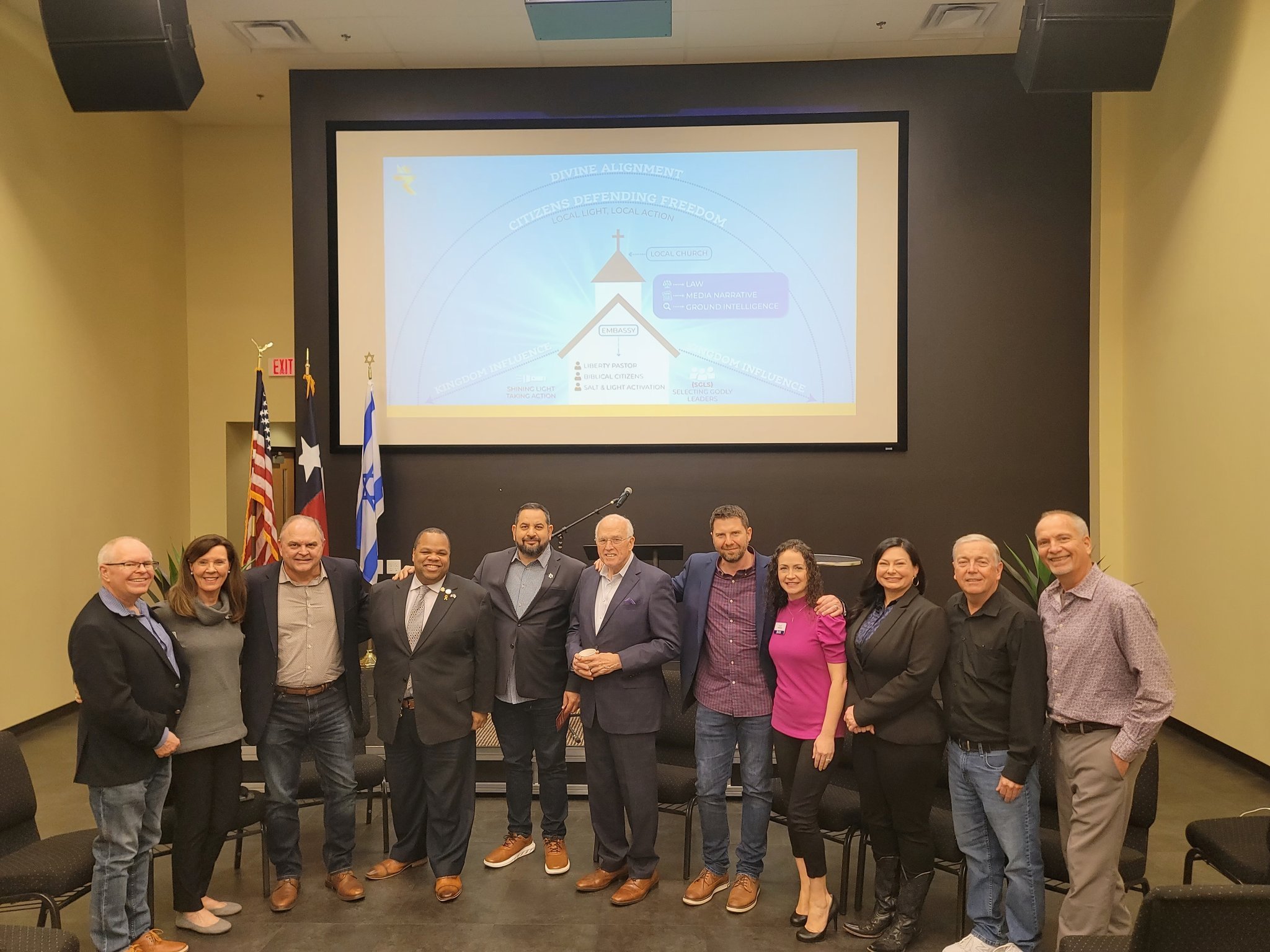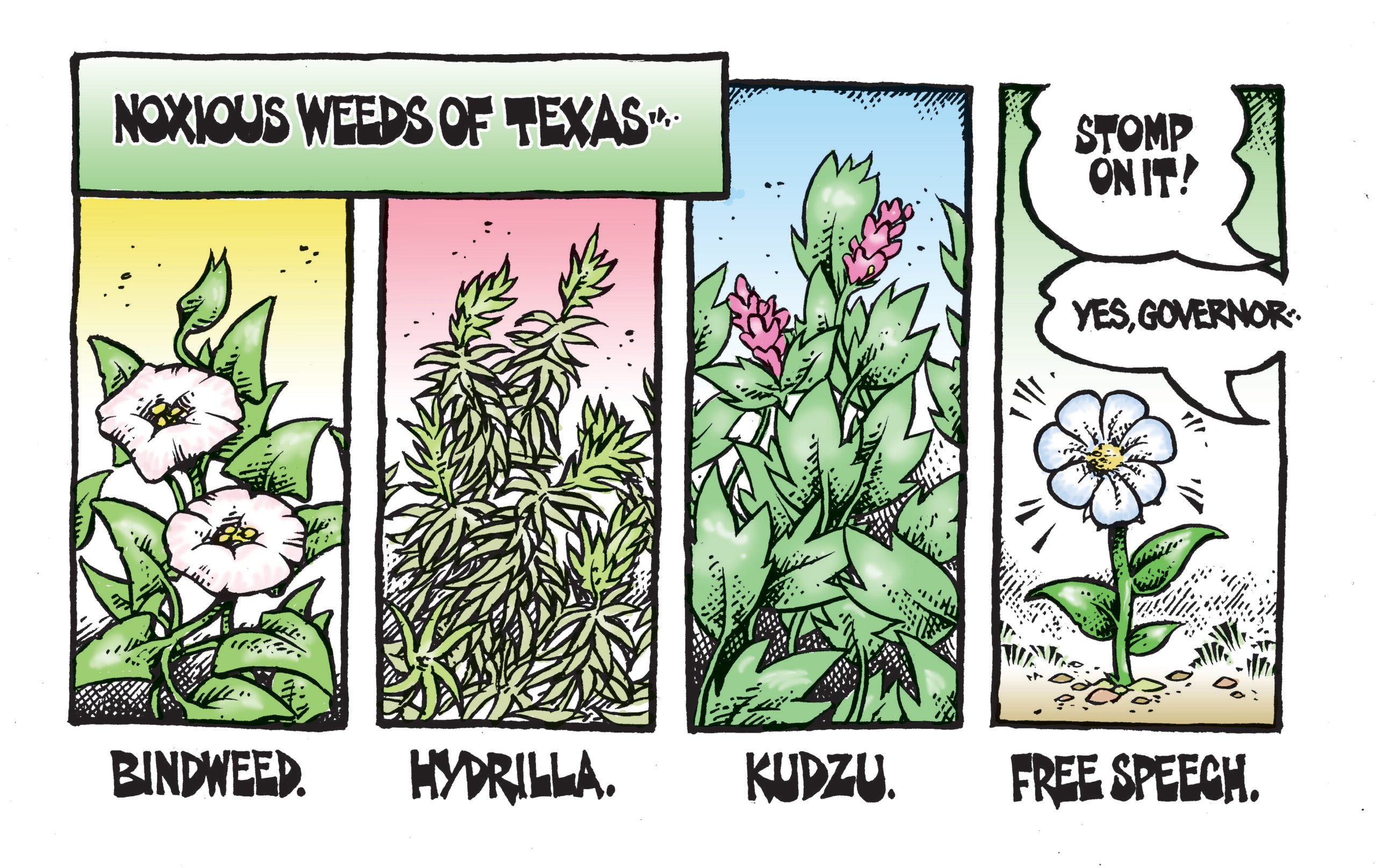ustxtxb_obs_1967_07_21_50_00004-00000_000.pdf
Page 1
Photo by George W. Gardner THE GROWERS’ SIDE Testifying at Rio Grande City are, from left, Marvin Schwarz and Mike Frost, of the Texas Citrus and Vegetable Growers and Shippers, and Mrs. Marjorie Stites, the wife of an Edcouch grower. lawn; another 200 were jammed into the courtroom, where the hearing was conducted, many of them standing along the walls and in the doorway. Whole families, including babies in their mothers’ arms, sat patiently in the uncomfortable, decaying courtroom, under whirring overhead fans. Periodically officials would move part of the crowd out, to make room for others who had been waiting several hours outside. By 4 p.m., as the heat of the day was at its peak, near 100 degrees, there were 50 or 75 persons standing on the 1tri near the loudspeaker. “And listening,” Blackwell said, with emphasis. “I’ve never seen anything like it,” Senator Williams, who has conducted such hearings in ten states, including Delano, Calif., told the Observer. “The message is so clear that change is taking place in Starr County. . . . The seeds were already there before this subcommittee arrived.” Williams said the impact of this eloquently-expressed human yearning for a better life was felt deeply by the Senators and will, he believes, mean an added boost for his bill that was the main official reason for the hearings. The measure would put farm workers under the coverage of the National Labor Relations Act. Williams and other Senators contend that the 32-year-old NLRA should be extended to provide democratic machinery for determining whether farm workers want to organize themselves into a union. Williams believes that such a step would be a boon for farmers as well as farm workers, in that it would obviate the chaos and ill will such as that which now festers in Starr County: just hold an election among the workers at, for instance, La 4 The Texas Observer Casita Farms to see what their sentiment is about a union. Unofficially, the hearings gave many of the people of Starr County, and of much of the Valley, a big liftto realize, and see, the interest in their plight on the part of important national leaders. Of course, the presence of Massachusetts Senator Edward Kennedy was a particular psychological boost. The younger Kennedy’s colleagues here, Sens. Williams, Ralph Yarborough, and Arizona Republican Paul Fannin, seemed to be accustomed to the adulation their junior partner commands and accept that status with good grace. Williams believes the Texas hearings will contribute to what he calls a “real concern for getting this legislation passed” which he says is developing in Congress. “Some influential members of the Senate are getting behind this bill,” he said, citing in particular the two Kennedys and Yarborough. “When he gets on a subject, he’s a bulldog,” Williams said of Yarborough, adding that the Texas Senator’s commitment to the bill was deepened considerably by the two days here. Yarborough was particularly impressed by the big crowds, as well as the fact that this is the first time as many as four Senators have come to Texas for such a hearing. Williams predicts that the bill will pass the Senate this year. Its fate in the House is less certain, though if it doesn’t make it this year the 90th Congress still has 1968. THE GROWING national attention to the problem of the migratory farm worker has coincided with, and is in considerable part traceable to the Con gressional career of Senator Williams. He told the Observer that he first became interested in the problem while doing research through a private grant with a professor of economics at the University of North Carolina. Williams notes that although New Jersey is an industrial state it has many farms, particularly in its southern region, and many migrant workers are emplciyed there. Williams, 47, is a former steelworker who earned a law degree and then entered politics. He was first elected to Congress in 1953. His experience in the House of Representatives lead him to believe that the migrant farm workers are being overlooked, their problems considered only in fragments by this or that Congressional committee. On winning election to the Senate in 1958 he successfully sought the formation of a subcommittee on migratory labor, under the labor and, public welfare committee. He has served as its only chairman. The subcommittee has had a hand in enacting a number of billsto improve the housing, education, and health care of migrant workers; to do away with the bracero program, under which workers were imported, usually from Mexico, to work at wages lower than American workers would accept; to require the registration of farm labor contractors; to extend the minimum wage to workers on larger farms; to require that children under 16 not , be employed in hazardous jobs; to establish several programs for migrants under the War on Poverty, in education, day-care, sanitation, and self-help housing. Williams has sought for several years to place farm workers under the coverage of the National Labor Relations Act, but not until this year has the bill had special attention, he says. THE HEARINGS’ impact, and the attitude of the Senators from Washington, seemed to shock profoundly the growers and their representatives and Starr county officials who, perhaps, are not used to politicians uttering heresies. For example, not ten minutes after the first witness had begun testifying, Senator Williams said, “I thought it was written deep into the law . .. that picketing is a right of free speech in this country.” He was responding to the news that, the day before, a judge had issued an injunction against picketing at La Casita. At another point, when another witness was explaining Texas’ mass picket law, which bans pickets from being nearer than 50 feet to each other, Williams opened a dictionary to the word “mass,” read the definition, then inquired how people 50 feet apart could be said to be massed together. G ENERALLY OR expressly in favor of the bill were witnesses Gilbert Padilla, Baldemar Diaz, Benito Rodriguez, Domingo Arredondo, all of the Rio. Grande City U.F.W.O.C.; Roma attorney Arnulfo Guerra; attorney Jim McKeithan, Mission;


